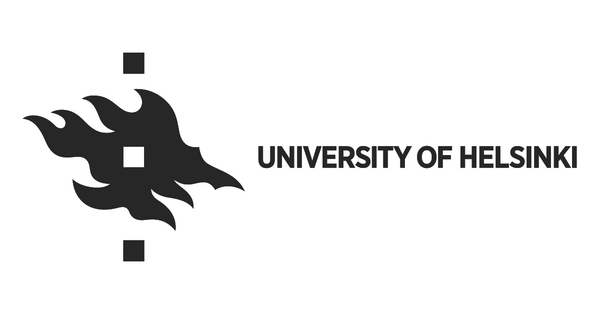University of Helsinki: Students, advance your entrepreneurial skills in HELSEED – “If you have an idea and a team, I highly recommend taking part”
According to Deputy Chief Investment Officer Marko Berg, learning business thinking is useful in professional life even if you never become an entrepreneur. The most promising startups can obtain an investment of €10,000–€50,000 from the University of Helsinki Funds at the end of the HELSEED programme.
The University of Helsinki is now organising, for the third time, the HELSEED entrepreneurship programme targeted at students. The programme is geared to anyone interested in entrepreneurship, regardless of whether their business idea is just taking shape or has already been transformed into a startup. The goal is to attract a large number of participants and identify promising businesses to fund.
“The University of Helsinki has a broad group of students in a range of fields. Potential paths to developing a business can be found anywhere,” Deputy Chief Investment Officer Marko Berg says, offering encouragement.
According to Berg, themes related to, for example, responsibility and the construction of society are currently very prominent. Establishing your own business is one way of promoting things that matter to you. At the same time, participation in the HELSEED programme is also possible out of curiosity – just for the sake of learning to observe the world from a business perspective.
“That kind of thinking is genuinely useful, regardless of what your future job will be.”
The University intends to support an increasing number of student-based startups
The HELSEED programme kicks off in the spring in the form of workshops organised by Think Company, and continues in the autumn with the submission of completed business plans. After that, the most promising teams will have the opportunity to present their ideas to a jury and obtain an investment of €10,000–€50,000 for their startup from the University of Helsinki Funds.
According to Berg, initial funding can be extremely important to businesses making their first investments.
“We recognise significant potential and enthusiasm in startups founded by students, which is why we invest in them.”
Previously, the HELSEED programme has served as a platform for honing ideas for, among others, Evexia, which is developing a digital tool for monitoring the condition of cancer patients, and Evergreen Walls, a company that manufactures cultivation equipment. Both businesses obtained a €30,000 investment from the University of Helsinki Funds at the end of the programme.
In the future, the goal is to fund an increasing number of student-based companies. Recently, the University of Helsinki made a substantial investment in innovation, allocating €1.5 million to the HELSEED programme in the process. According to Berg, students’ ideas that are scalable and that have a competitive advantage in the market are in a strong position in the pursuit for funding. However, people should take an open-minded approach to participating in the programme.
“If you have an idea and a team, I highly recommend taking part.”
Workshops teach students how to crystallise their insights and talk to investors
Before submitting their business plans, HELSEED participants can advance their skills in Think Company workshops. Among other things, they teach students how to choose a business model and how to talk to investors. In the first session on 12 April, the topic will be the crystallisation of ideas.
“The workshops are an easily accessible opportunity to learn entrepreneurial skills, and you don’t have to aim to establish a company to participate,” says Oona Oikarinen, who is in charge of workshop communications.
The workshops will be held in English on Zoom, and they require advance online registration. The workshops can accommodate 30–45 people. While participation in the workshops is not compulsory for the HELSEED teams, it has its benefits.
“Participants learn to develop their ideas for the acquisition of funding and are free to ask and receive feedback from experts.”
In addition, Think Company provides students with brainstorming support and work facilities on all campuses. Oikarinen encourages people to familiarise themselves with entrepreneurship, even if they do not yet have any extensive business skills or a large pool of ideas. The career path is also suitable for students of non-commercial fields.
“It’s a way of concretely influencing things that you find interesting and doing work that speaks to you.”

